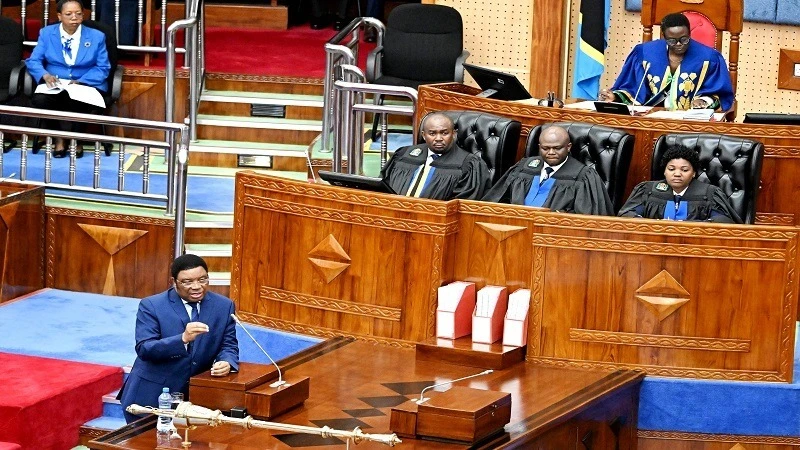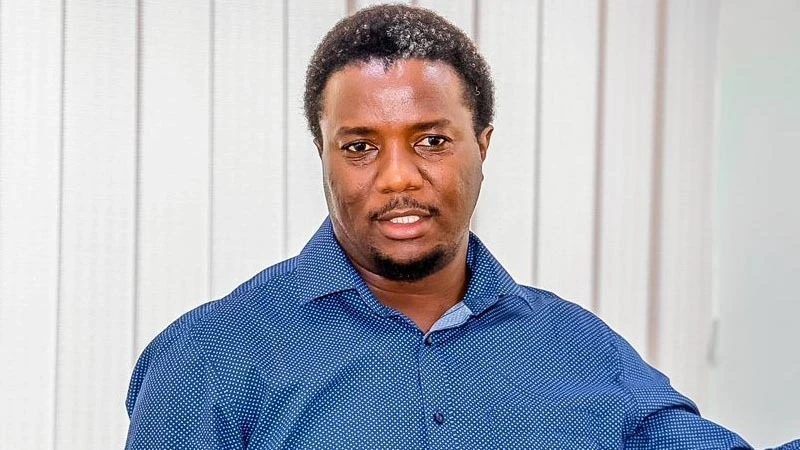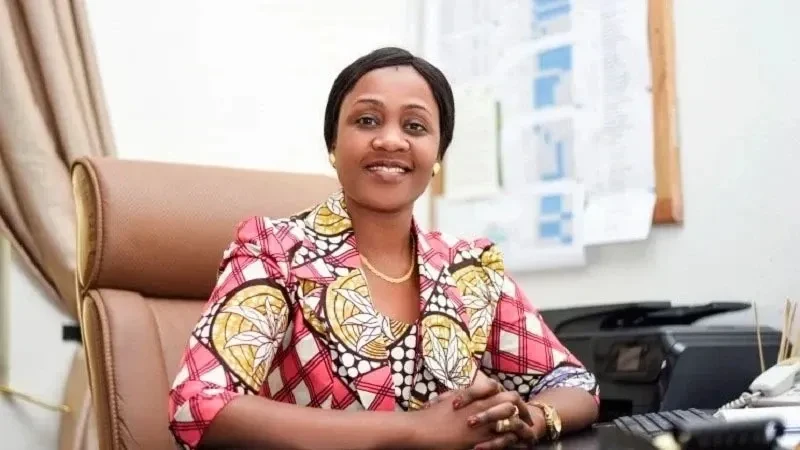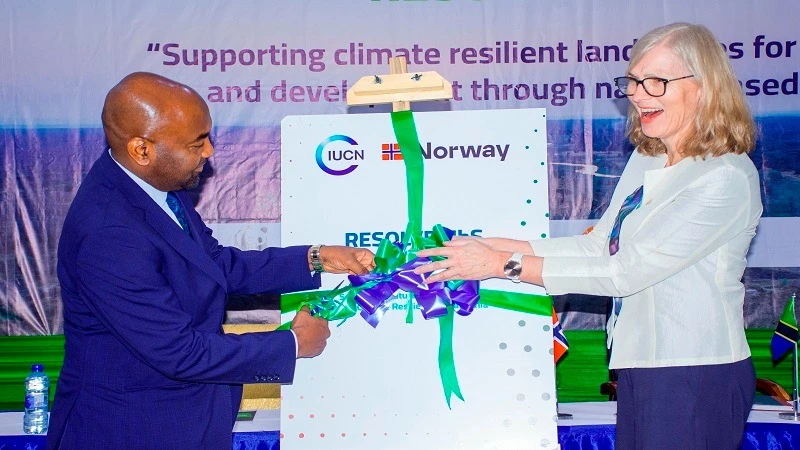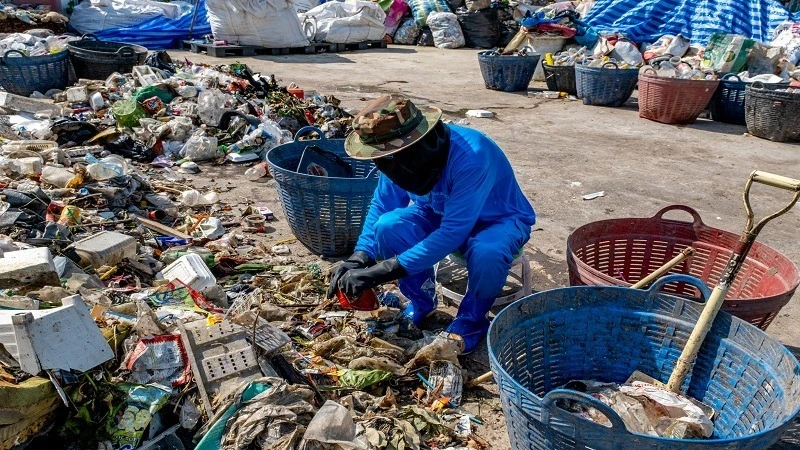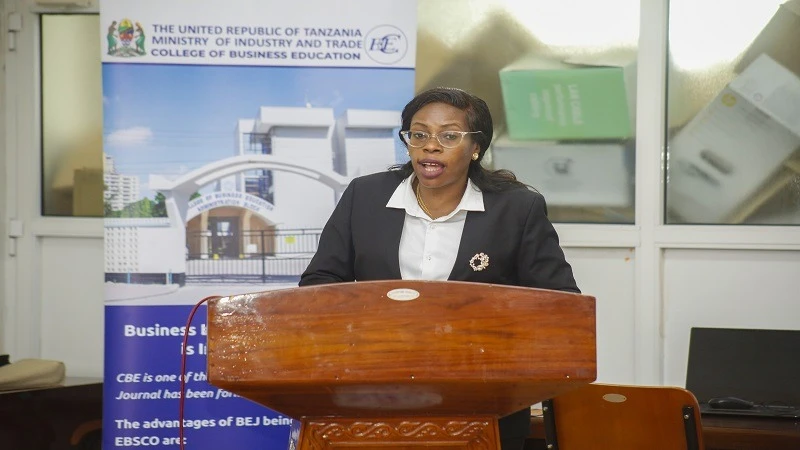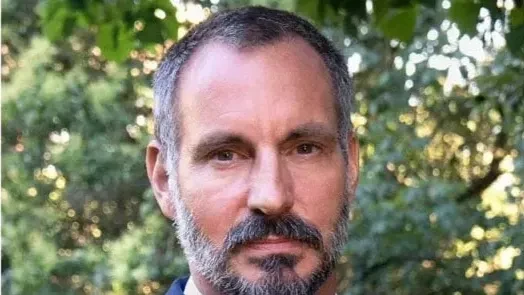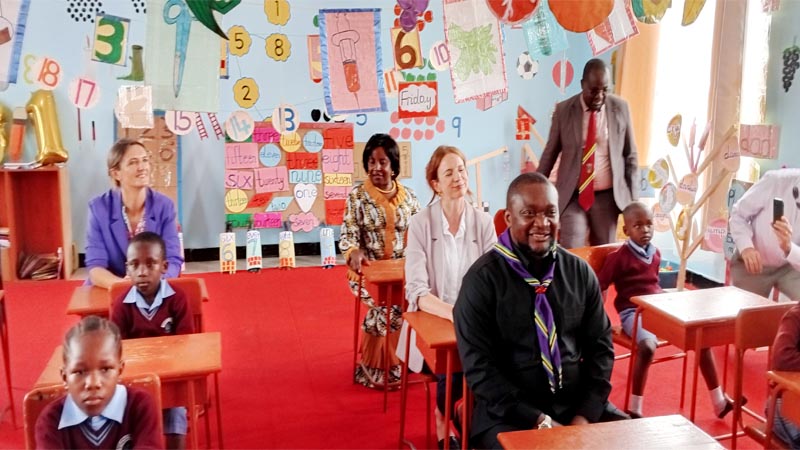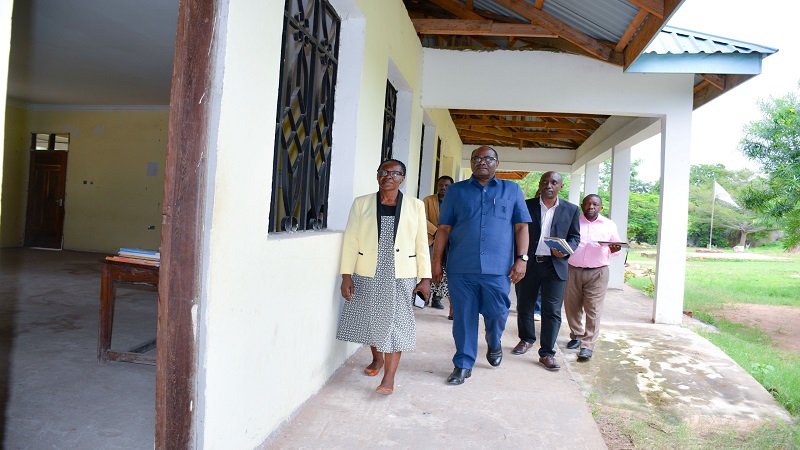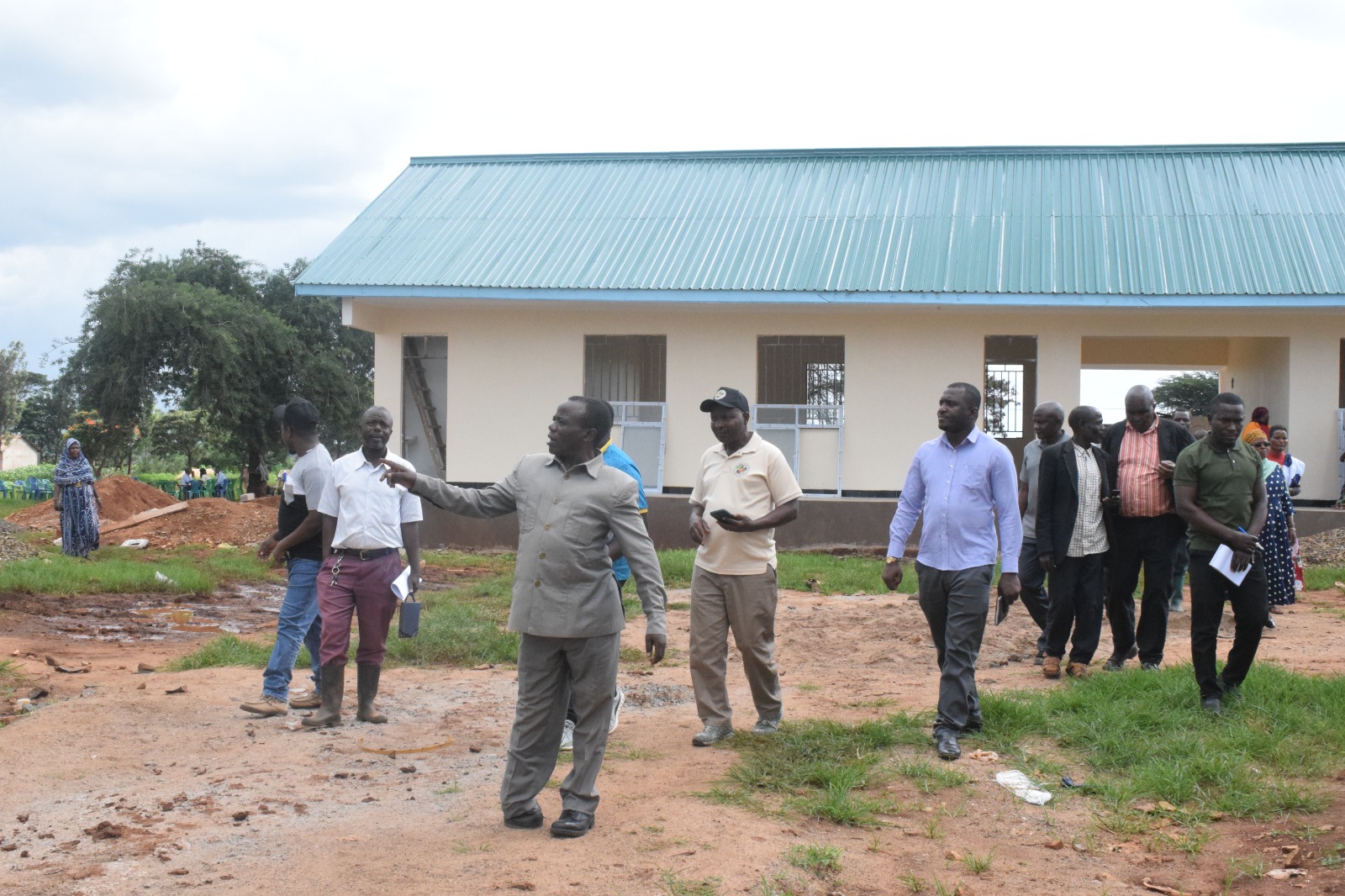UDSM unveils cybersecurity club in tackling digital security threats
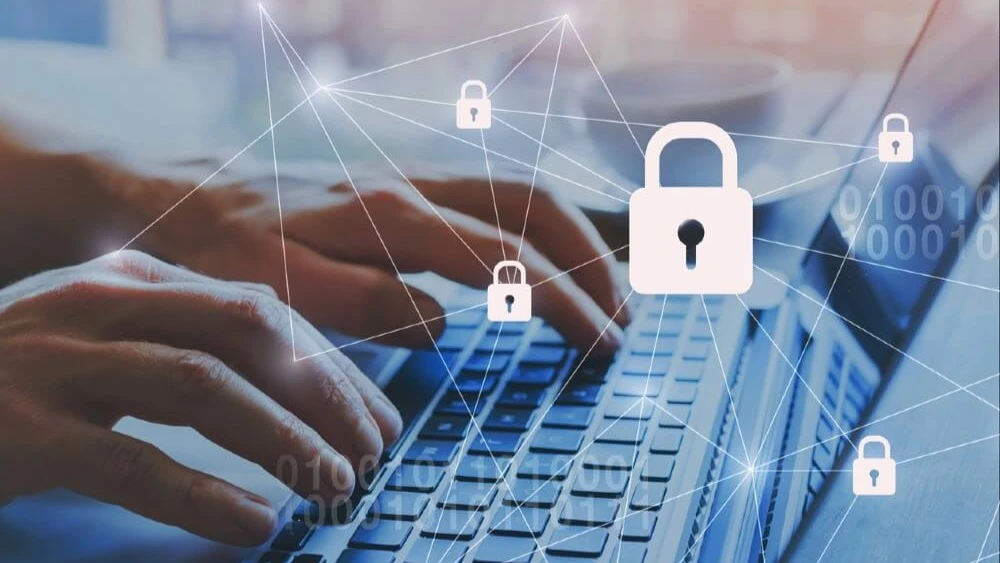
THE University of Dar es Salaam (UDSM), in partnership with the local telecom company, has launched a special club aimed at increasing student interest in cybersecurity and providing hands-on experience in tackling digital security threats.
In addition to establishing the UDSM Cybersecurity Club, the two organizations hosted a Capture the Flag (CTF) Challenge at the College of Information and Communication Technologies (CoICT).
This competition allows participants to solve computer security-related puzzles in order to uncover hidden ‘flags.’
During the launch in Dar es Salaam over the weekend, Vodacom’s head of cybersecurity, Joel Kazoba, underscored the significance of blending theoretical knowledge with practical experience.
He stated that the club will facilitate collaboration among industry experts, students, and government leaders.
“The club will offer students practical training and exposure to real-world challenges in digital security, ultimately contributing to the protection of Tanzania's digital future,” Kazoba explained.
He added that the CTF format enhances skills in both hacking and system protection. “Each challenge represents a security vulnerability that teams must identify and address, promoting critical thinking and skill development. Through CTFs, students learn to think like cybersecurity professionals—analyzing weaknesses, assessing risks, and developing solutions to real-world threats,” he said.
Kinondoni District Administrative Secretary Warda Obathany emphasized the initiative’s importance, noting that its establishment marks a significant step toward meeting Tanzania’s increasing demand for skilled cybersecurity professionals.
“Cybersecurity clubs are more than just extracurricular activities; they serve as training grounds for tomorrow’s digital defenders,” Obathany stated. “With the nation’s expanding digital landscape increasingly vulnerable to global cyber threats, the need for local cybersecurity experts who understand Tanzania's unique challenges is critical. This initiative significantly advances our efforts to cultivate skilled professionals in this field.”
Prof. Baraka Maiseli, head of Electronic and Telecommunications Engineering at CoICT, highlighted that this collaboration offers students a pathway into the cybersecurity industry, providing invaluable insights, mentorship, and networking opportunities to support their career development.
“We thank the telecom company for investing in this initiative, which reflects a long-term vision for a digitally secure Tanzania, preparing young leaders to tackle evolving cybersecurity challenges,” he said.
He noted that as cyber threats continue to evolve, proactive training and skill-building become increasingly vital.
“Through this initiative, the partners are not only nurturing skilled cybersecurity experts but also contributing to a safer and more resilient digital future for all Tanzanians. The club’s activities and future CTF challenges will continue to inspire, educate, and empower students to become leaders in cybersecurity, ensuring Tanzania remains secure in the digital age,” Prof. Maiseli concluded.
Cybersecurity in Tanzania is a growing concern as digital transformation accelerates across various sectors, from banking and telecommunications to government services.
Increased internet penetration and mobile money adoption have made digital infrastructure an integral part of Tanzania's economy, but they have also introduced significant vulnerabilities.
Key challenges in Tanzania's cybersecurity landscape include limited cybersecurity infrastructure, a shortage of skilled professionals, and inadequate public awareness of cyber risks.
The government has established some legal and regulatory frameworks for cybersecurity, including the Cybercrimes Act of 2015, which criminalizes various cyber offenses such as fraud, identity theft, and data breaches.
Top Headlines
© 2025 IPPMEDIA.COM. ALL RIGHTS RESERVED













